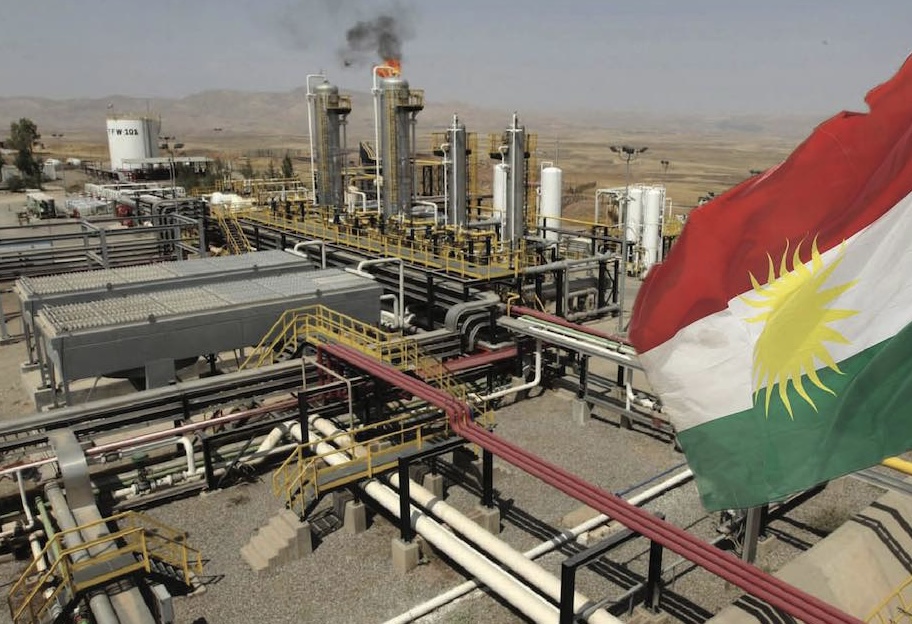KEY POINTS
- Iraq’s parliament approved a new subsidy plan for Kurdistan oil exports.
- The amendment increases compensation to $16 per barrel, easing tensions.
- The move aims to resume Kurdish oil exports and boost Iraq’s revenue.
In a major step toward resolving the long-standing dispute between Baghdad and Erbil, Iraq’s parliament approved a budget amendment on Sunday to increase subsidies for international oil companies operating in the Kurdistan region.
Lawmakers set the new rate at $16 per barrel, up from the previously proposed $7.9 per barrel, which was rejected by the Kurdistan Regional Government (KRG) as too low.
The decision is expected to unlock Kurdish oil exports, which have been stalled for nearly two years due to ongoing disagreements between the federal government and the KRG.
Kurdish lawmaker Rebwar Orhaman described the approval as a significant breakthrough, emphasizing that resuming oil exports will help stabilize the region’s economy and boost national revenues.
Agreement seeks to restart oil exports
The dispute between Baghdad and Erbil dates back to March 2023, when Turkey halted Kurdistan oil pipeline flows following an arbitration ruling from the International Chamber of Commerce. The ruling ordered Ankara to pay Baghdad $1.5 billion for allowing unauthorized Kurdish oil exports between 2014 and 2018.
According to Reuters, the new budget amendment requires the Kurdistan Regional Government to transfer its oil production to Iraq’s State Oil Marketing Organization (SOMO).
In addition, an international consultant will be appointed within 60 days to assess the fair costs of production and transportation. If no agreement is reached, Baghdad will have sole authority to select the consultant.
The agreement marks a middle ground between the governments to achieve fair oil revenue sharing as well as restore Kurdish oil export operations.
Economic and political implications
The shutdown of oil exports caused substantial economic stress for the Kurdistan region that resulted in delayed public worker salaries along with diminished basic service delivery.
The approval of this new compensation package has the potential to reduce financial stress in Kurdistan and enhance cooperation between experts from Baghdad and Erbil.
The amendment establishes a vital solution path for the oil dispute but additional talks about applying the agreement terms are anticipated to continue.
The success of this plan requires joint collaboration between both parties to establish a prolonged oil revenue-sharing system.



